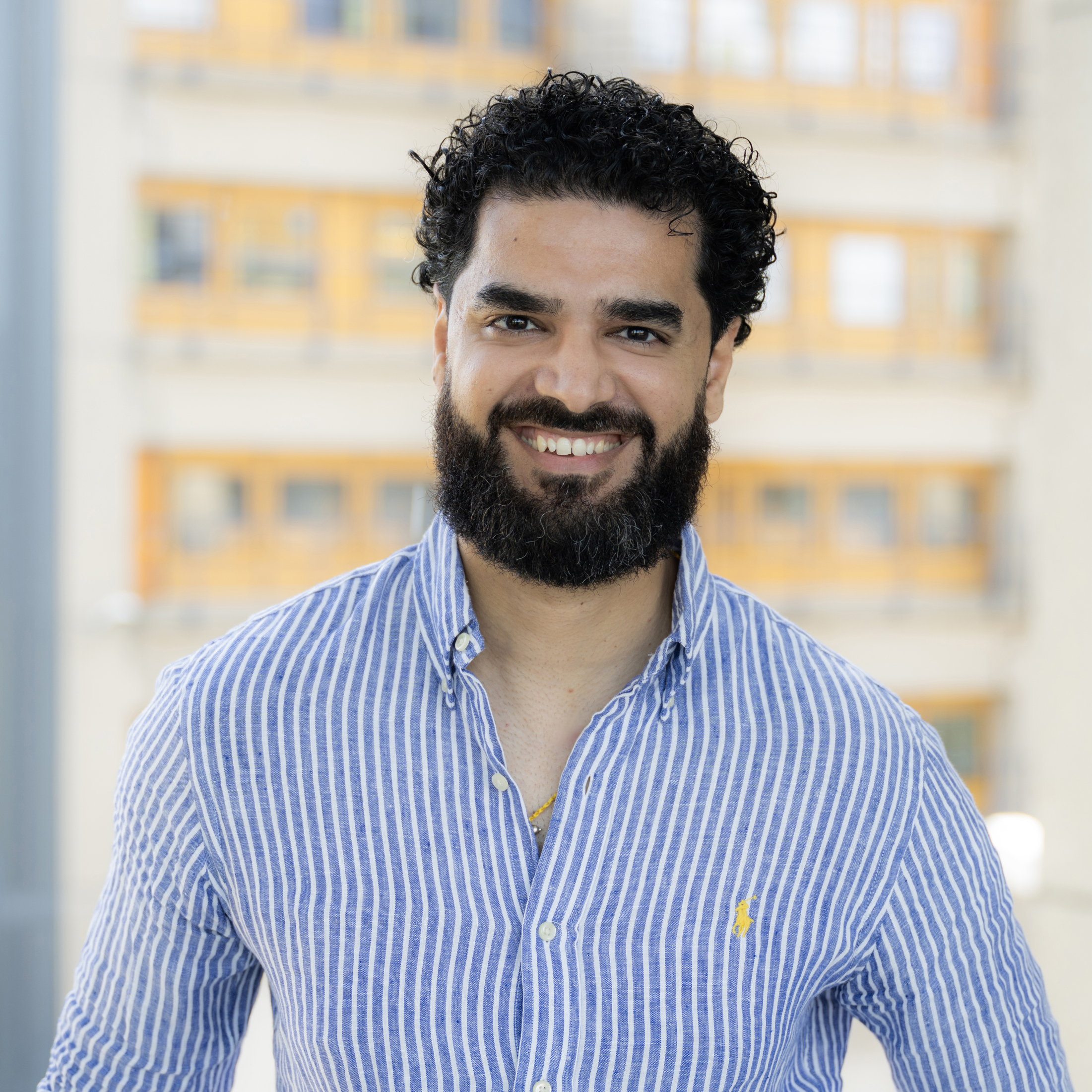Raju Talwar
&width=400&height=400)
“Diversity and inclusion are not just words; they run as a common thread through my life and my work.”
Why is diversity and inclusion important to you?
Raju’s life path has been shaped by diversity and inclusion. “My roots are in Afghanistan, where my family was part of an ethnic minority: an Indian-Hindu community. We lived there in harmony with people from different cultural backgrounds. It was precisely these differences that enriched us. When I was five years old, we moved to the Netherlands. I have always felt seen, valued, and welcome here. I am grateful for the opportunities I have received and especially for the fact that I have always been able to be myself.”
How do you experience diversity and inclusion in your workplace?
“Together with colleagues, I had the honor of founding the LUMCDiversity network (the network for cultural and ethnic diversity), an initiative that is warmly embraced at LUMC. It is remarkable to see that there is space for such important topics. In my career as a physician, I have met role models who were genuinely interested in who I am. For me, that is the essence of inclusion: we are all colleagues, but each of us brings our own identity and story. It is precisely in that diversity that we can learn from one another, and that makes working at LUMC so valuable to me.”
How does diversity and inclusion show in your work?
“Diversity and inclusion should not be a one side issue but a natural foundation of medical practice. As healthcare providers, we are often organ specialists: we focus on the heart, lungs, kidneys. However, our patients do not only want for us to understand their illness, but for us to understand them as people, with their background, beliefs, and unique life story. Therefore, diversity and inclusion are not ‘extras’ but prerequisites for good, holistic care. Through the LUMCDiversity network, we aim to raise awareness so that healthcare professionals do not only see the medical symptoms but also the person behind the patient, in their full context.
Culturally sensitive care is not simply learning about ‘other cultures.’ It is about the willingness to look beyond labels, to see the individual behind the culture. It is the acknowledgment that there is no single truth, and that the strength lies in listening, connecting, and seeking mutual understanding. In my daily work, I strive to embody these values. By making genuine personal contact with patients, I always try to see the person behind the patient. Everyone has their own story, and that story matters.”
What advice do you have for creating a more inclusive work environment and/or society?
“Be open, be curious, toward your patient, but also toward your colleagues. Be aware that we all have our own story, and that behind every story there is a human being. The enthusiasm and inspiration I receive from others also fuel my own passion. I want to pass that on to others. When I am seen and recognized as the person I am, we contribute together to an inclusive and enjoyable work environment.
Would you like to join the LUMCDiversity network or learn more about it? Please feel free to email diversitynetwerk@lumc.nl.